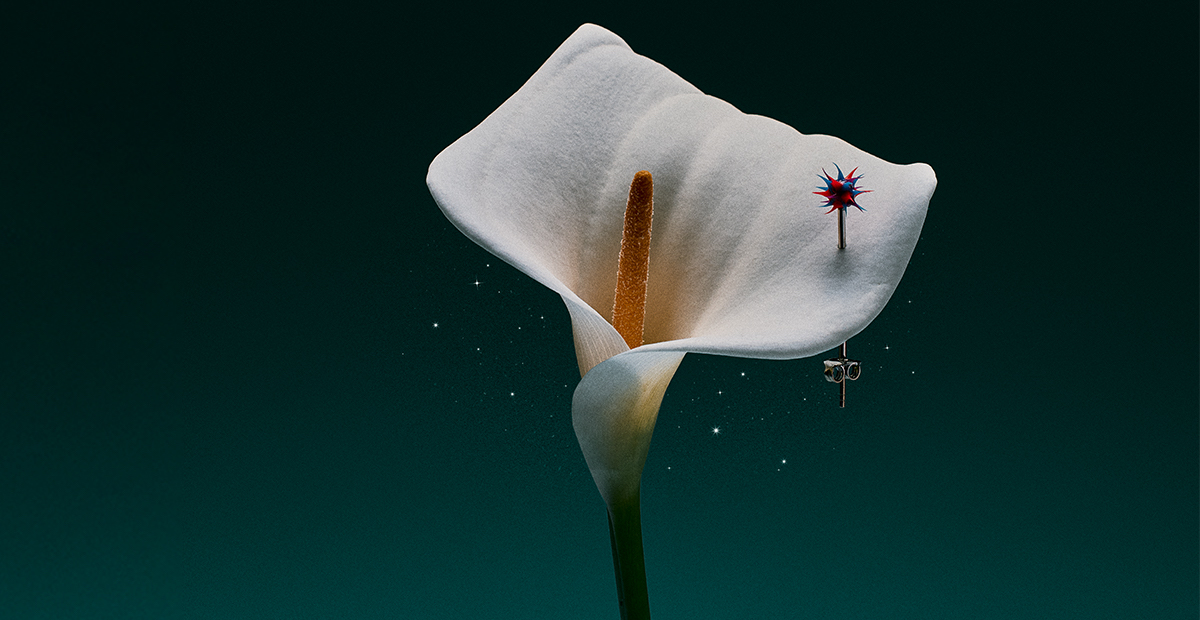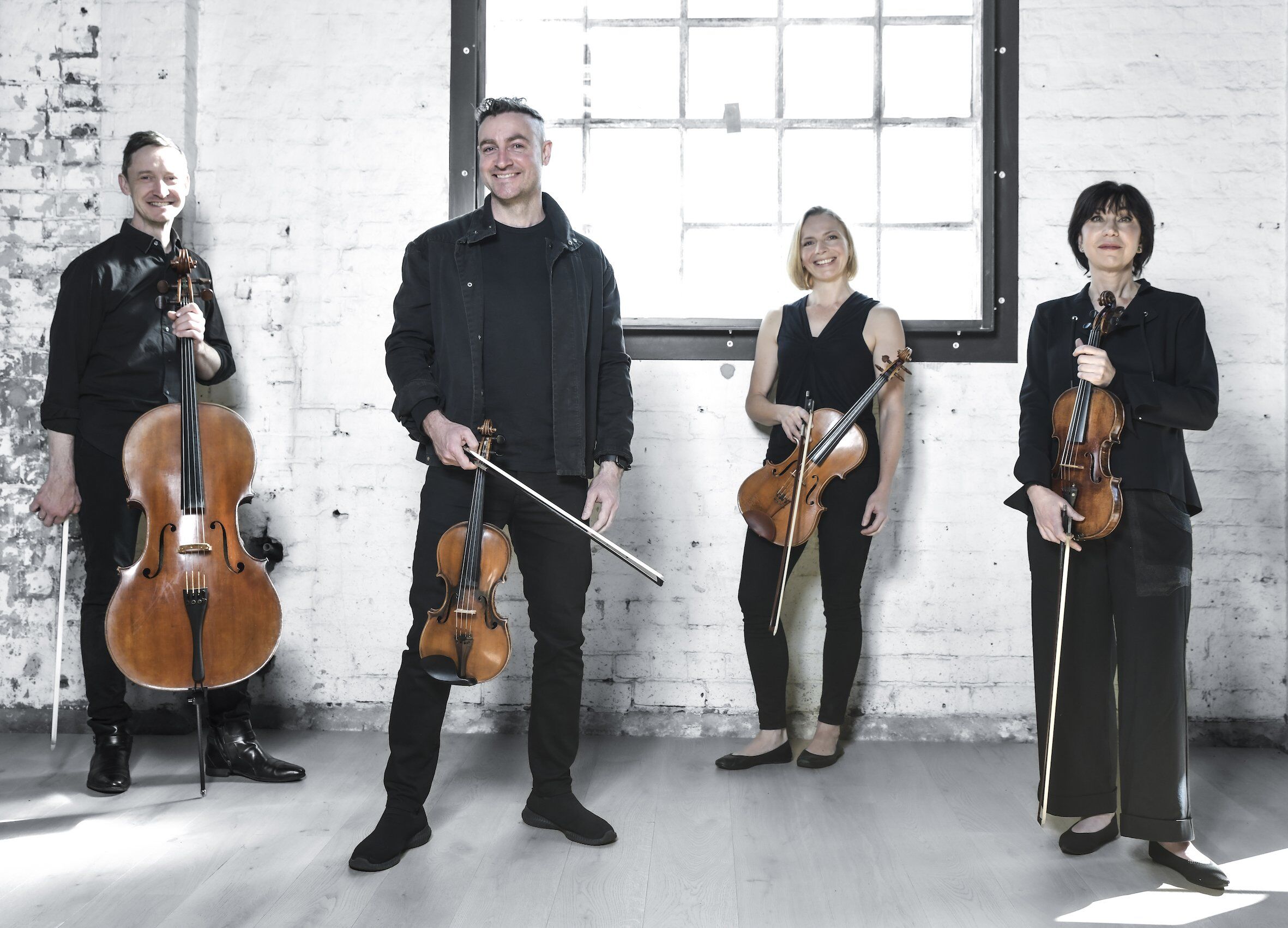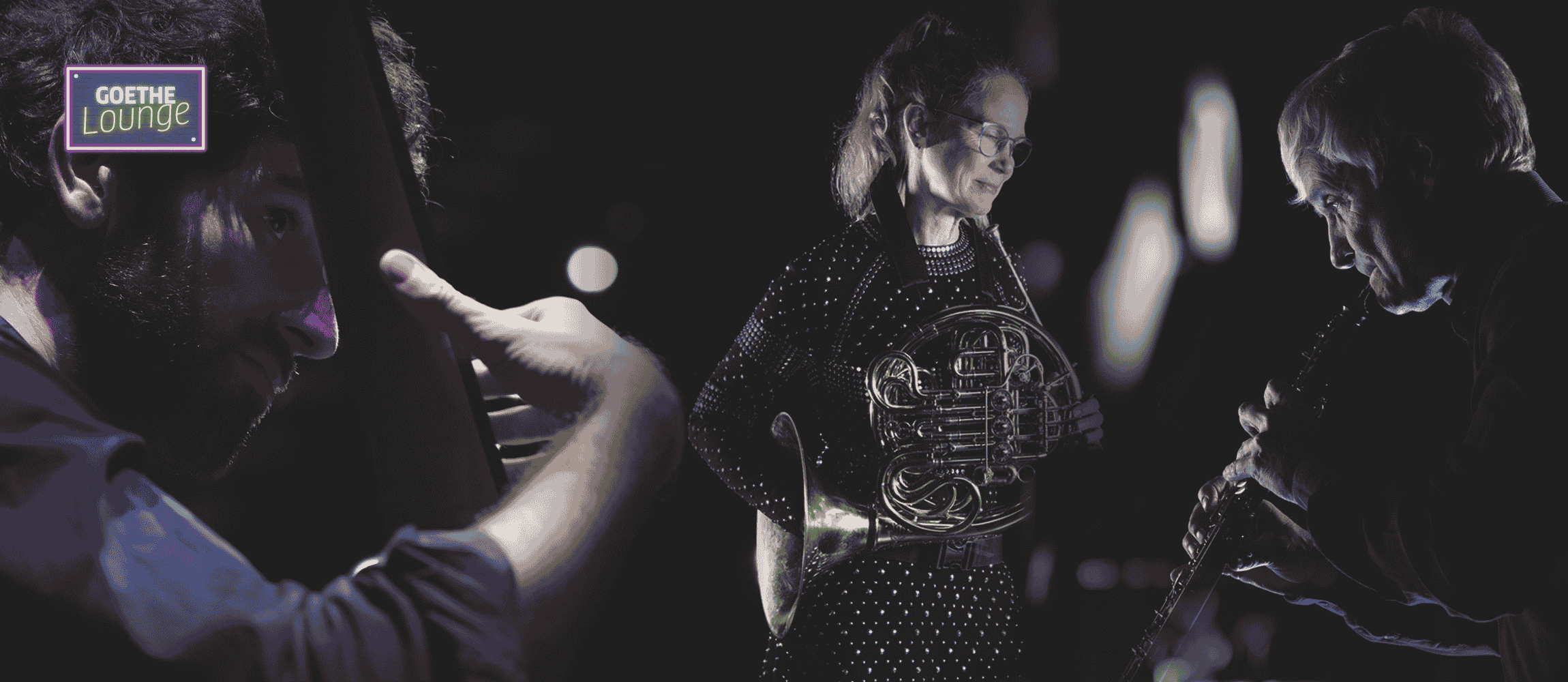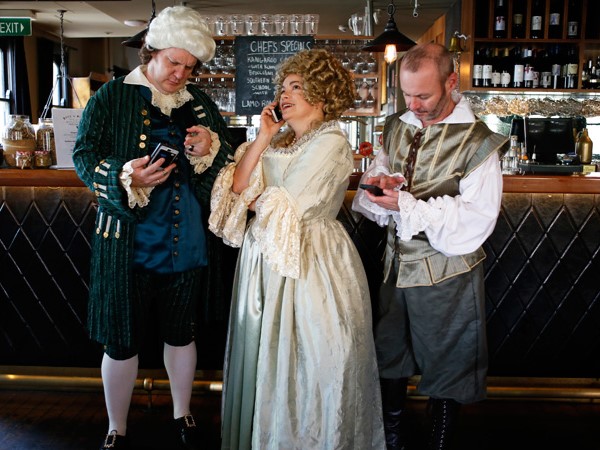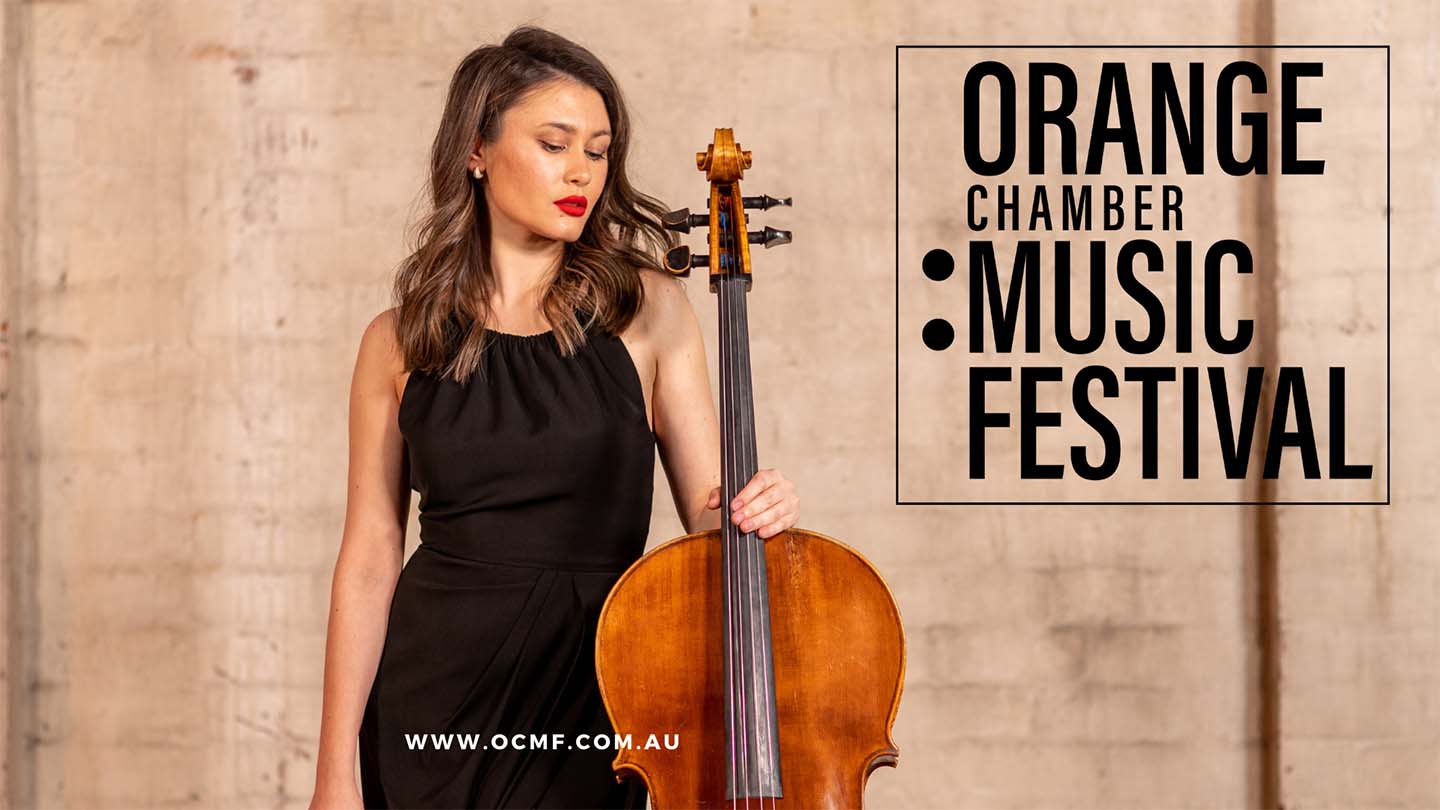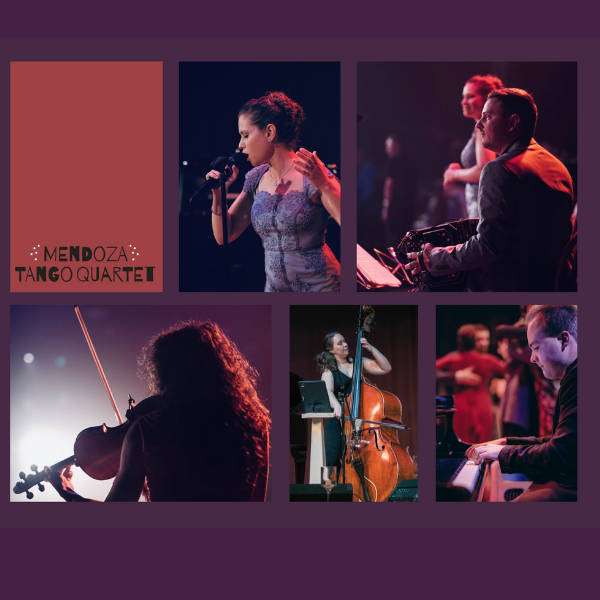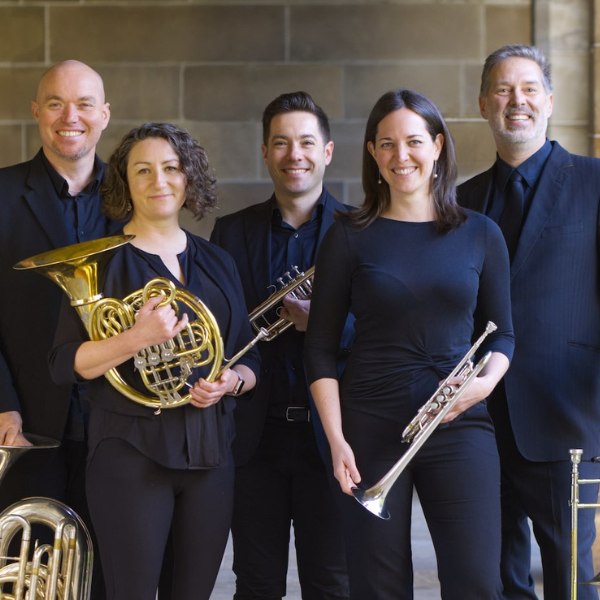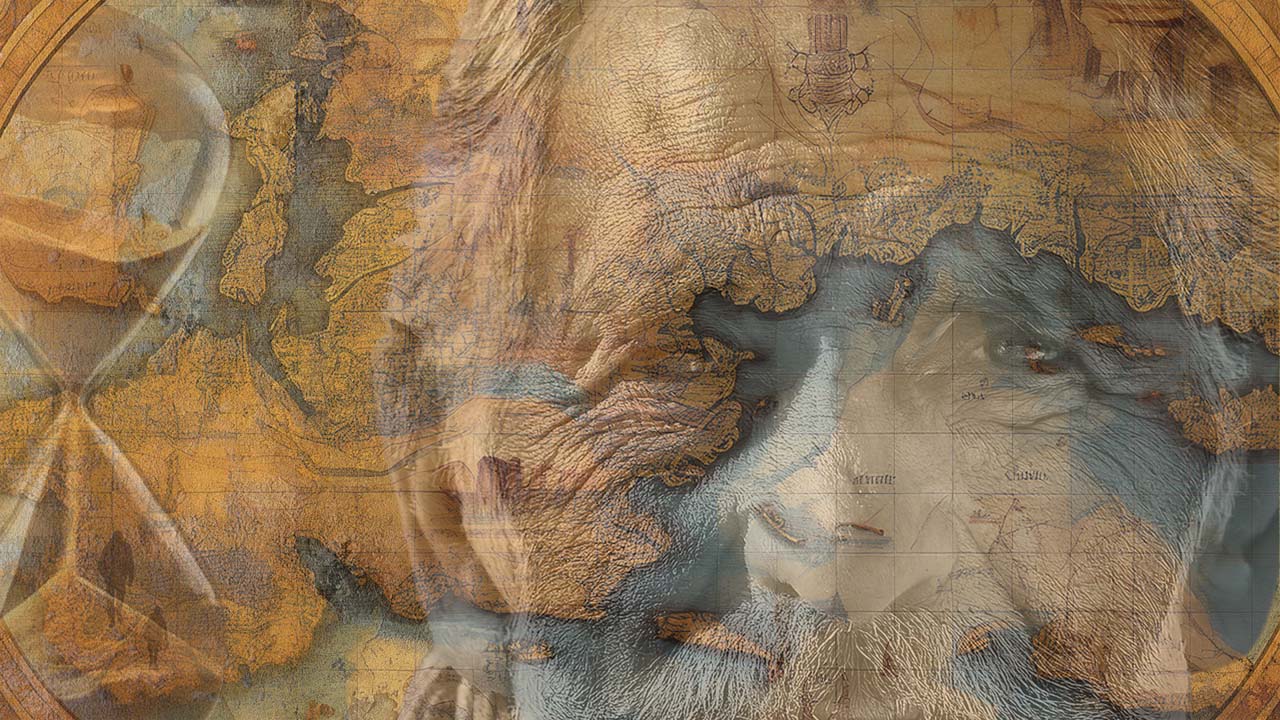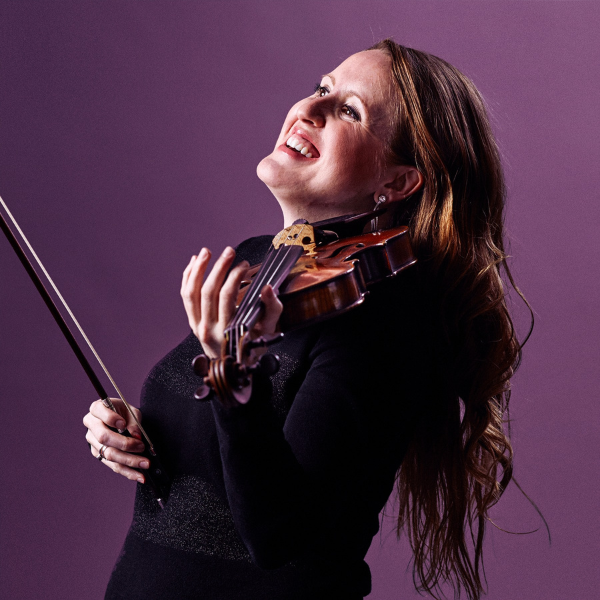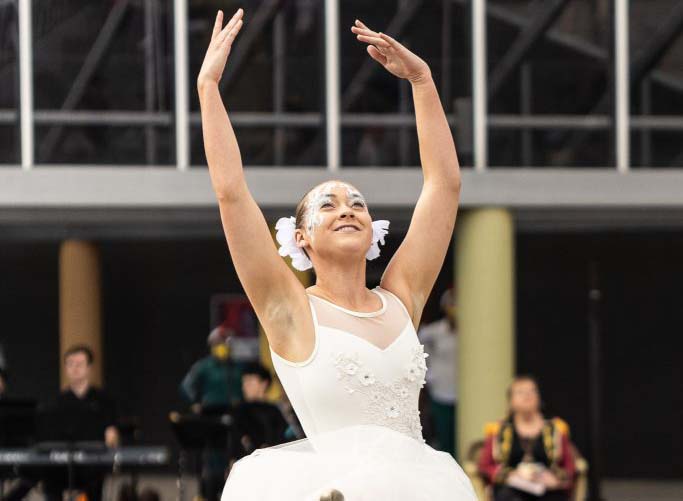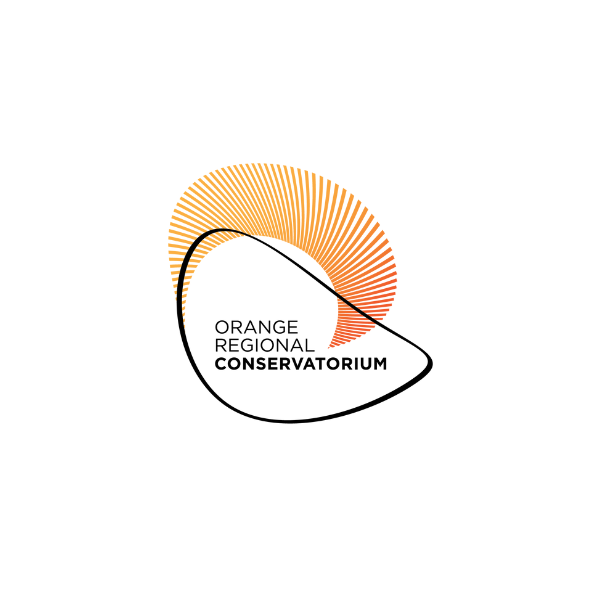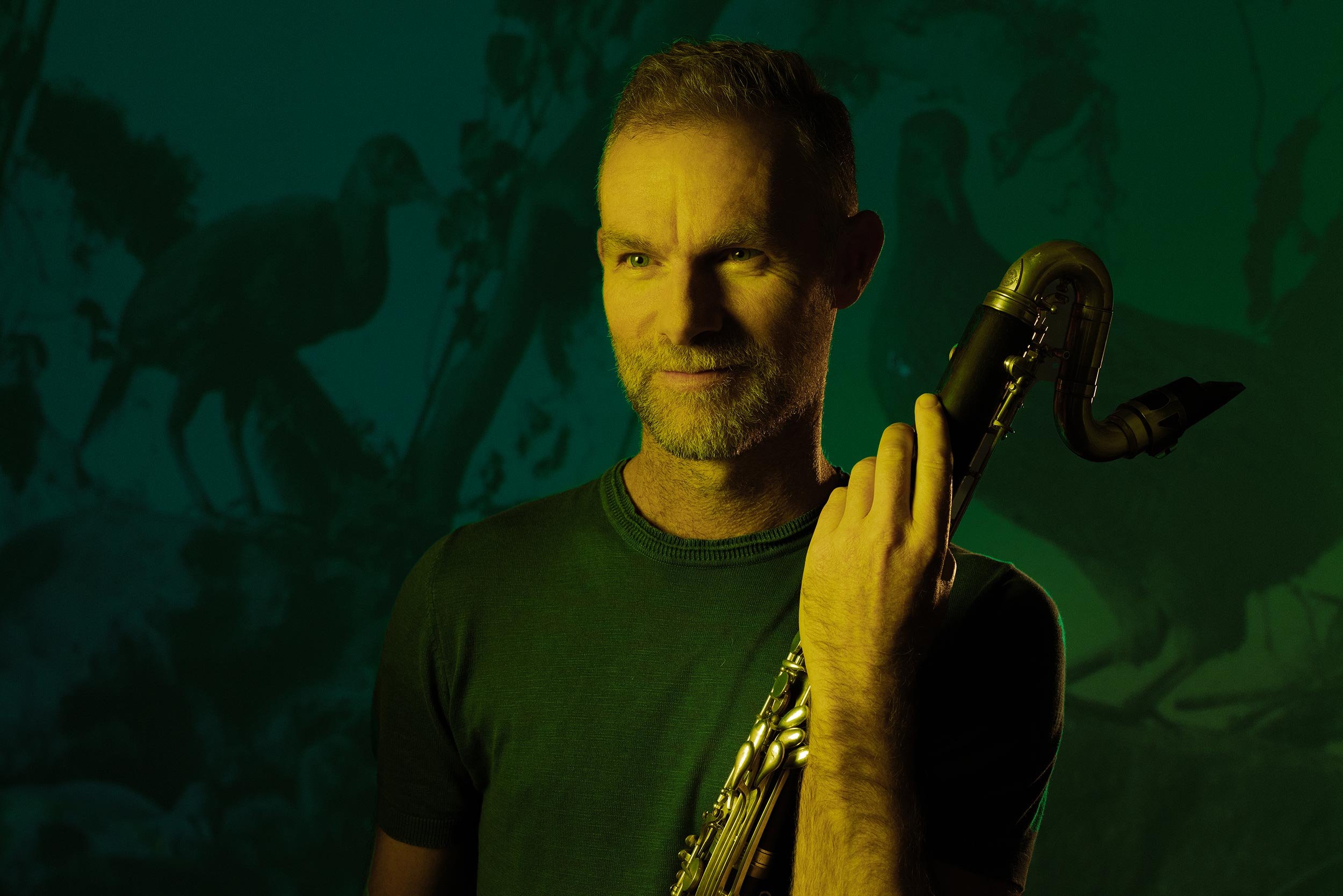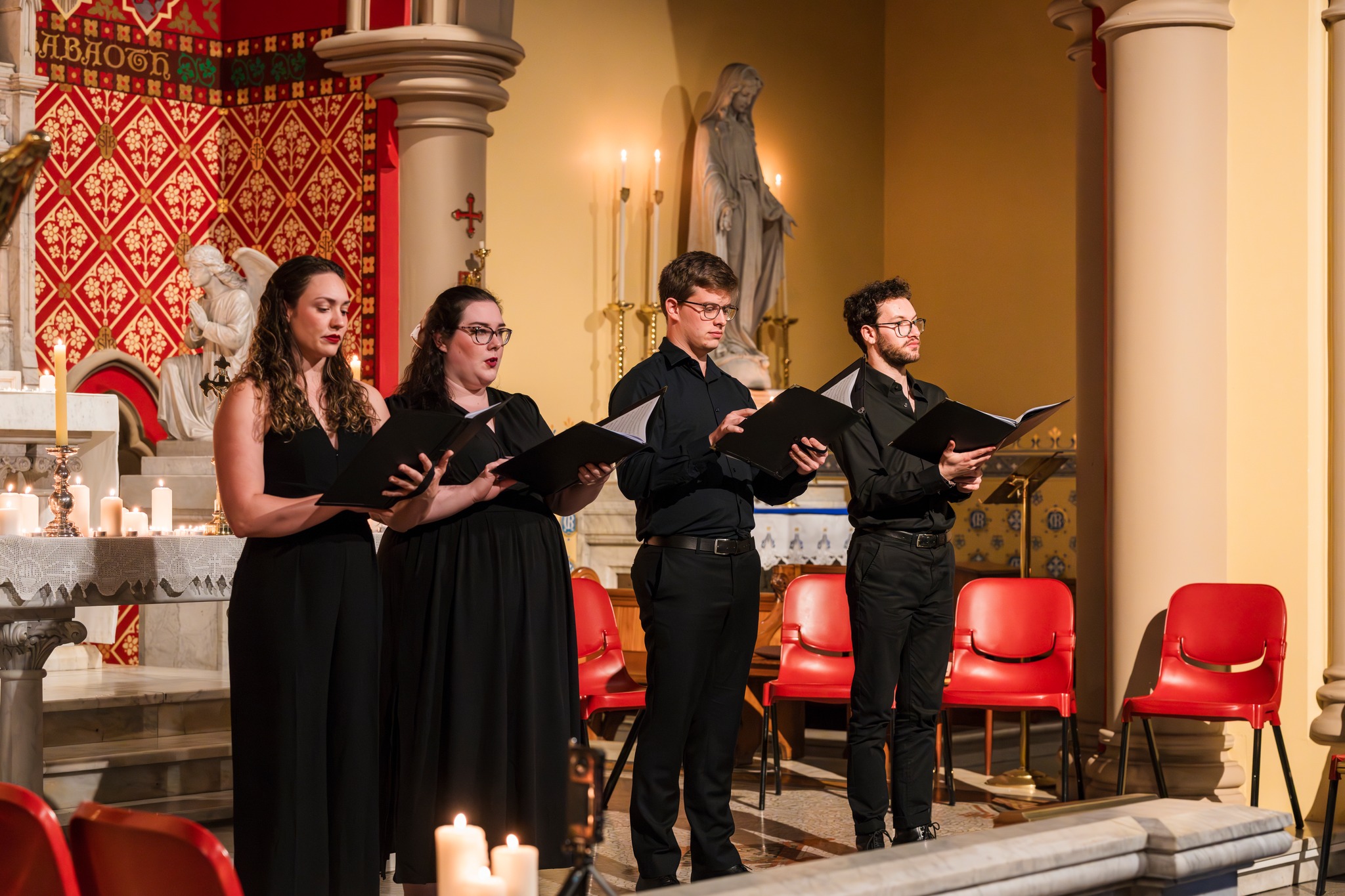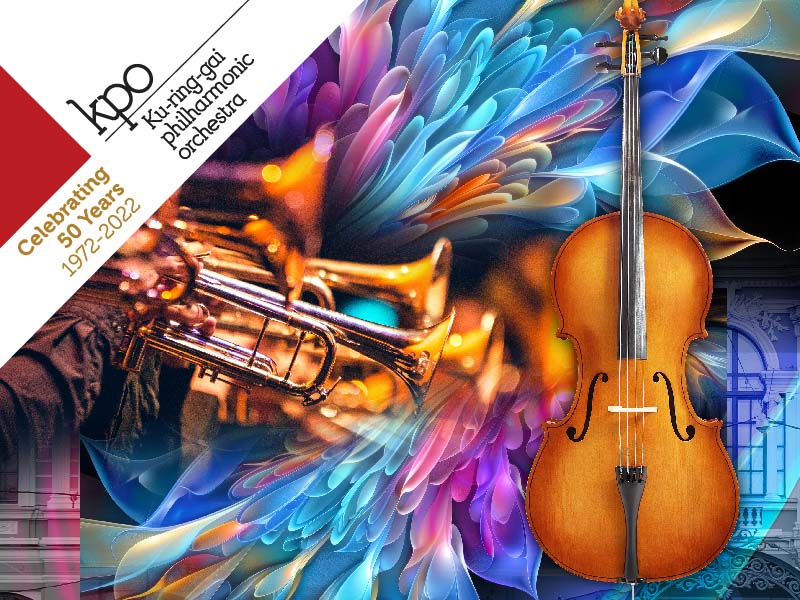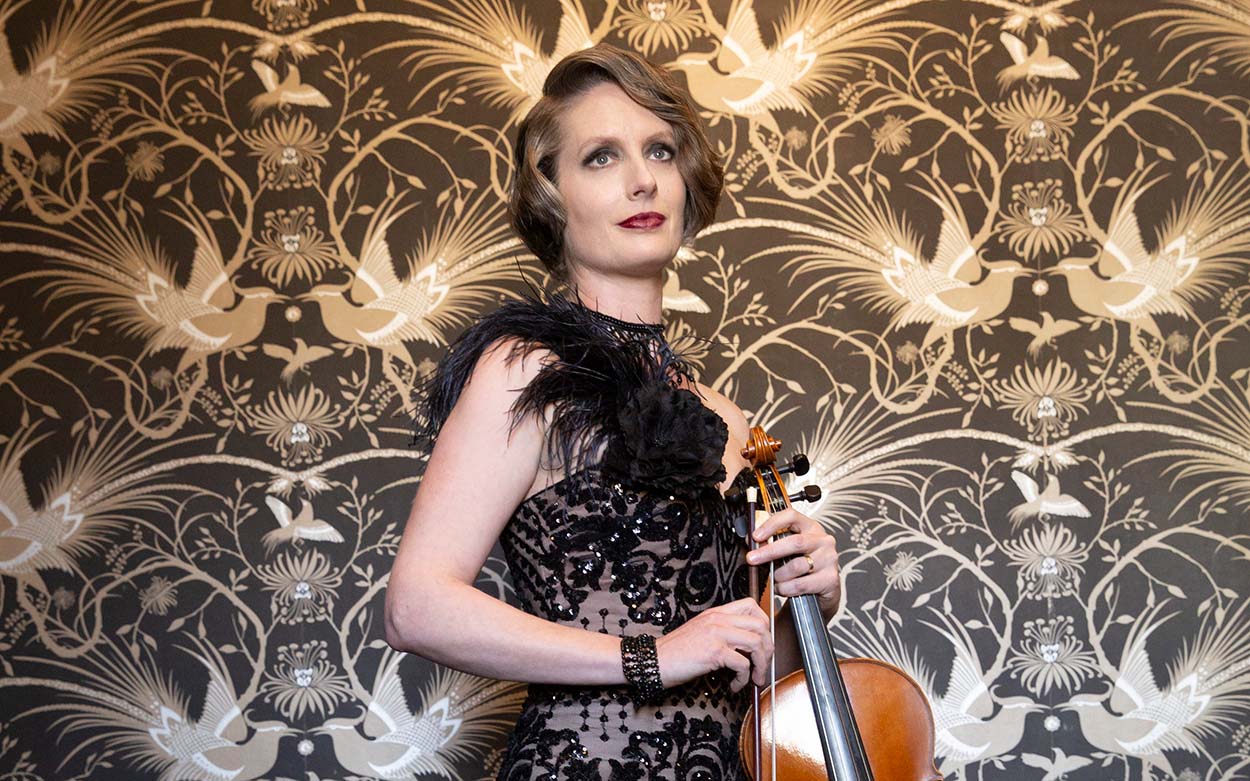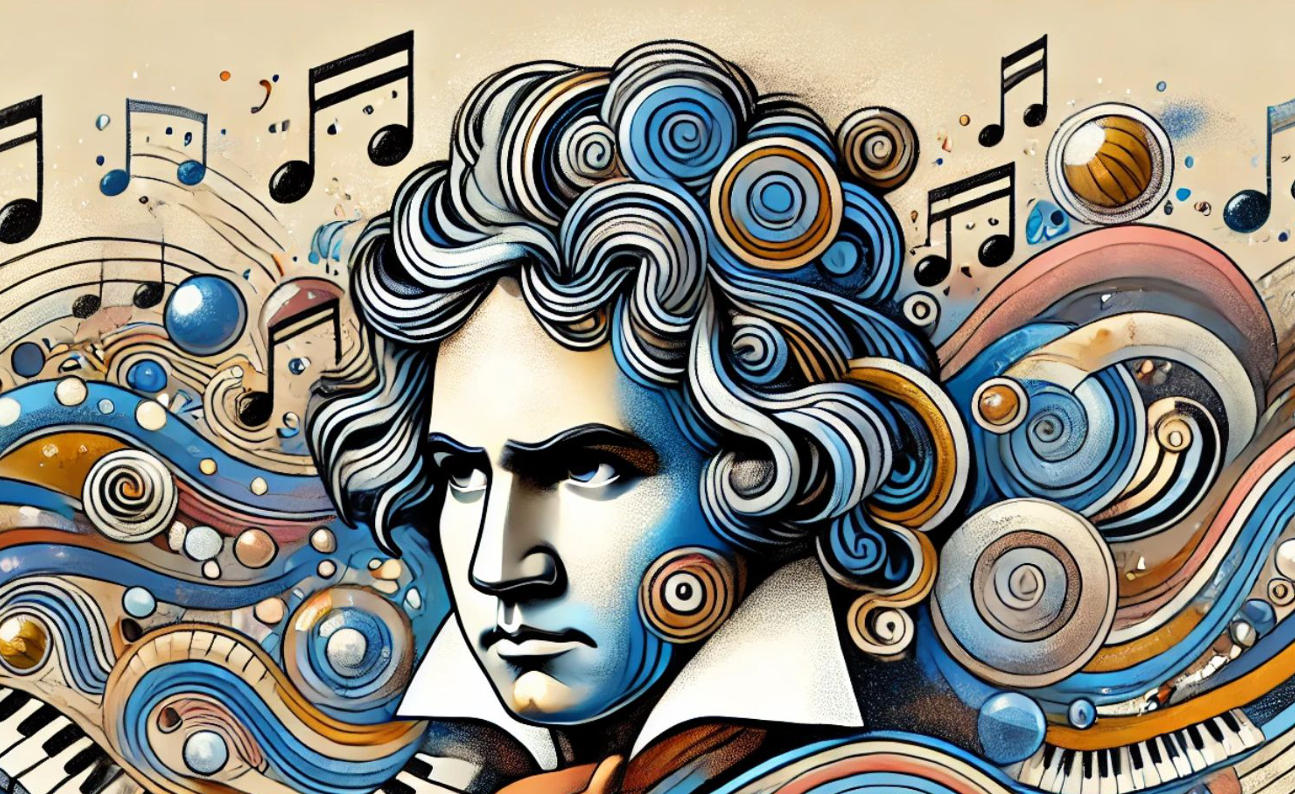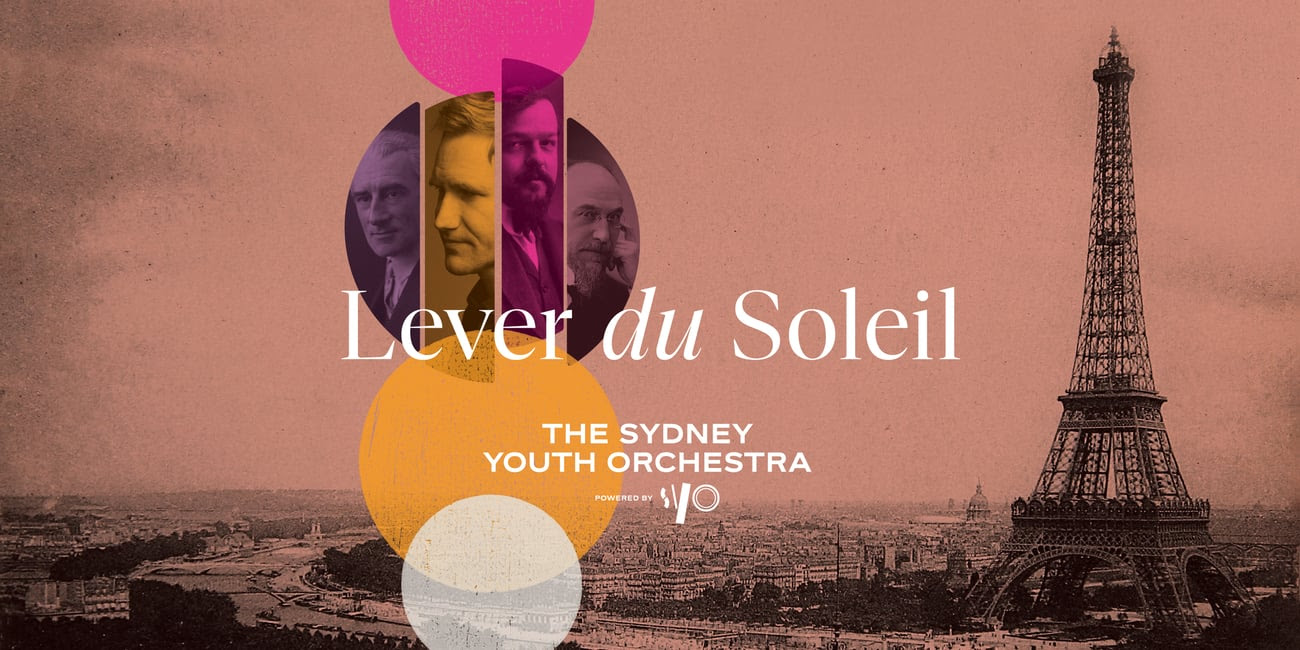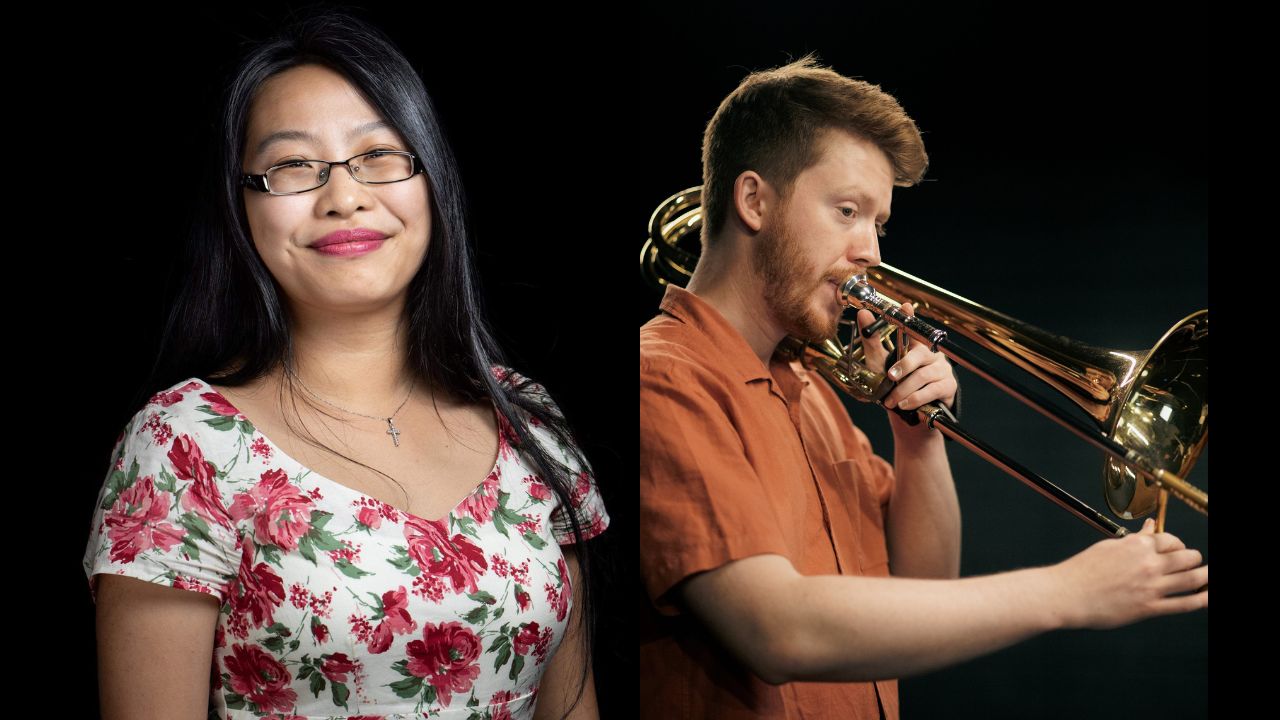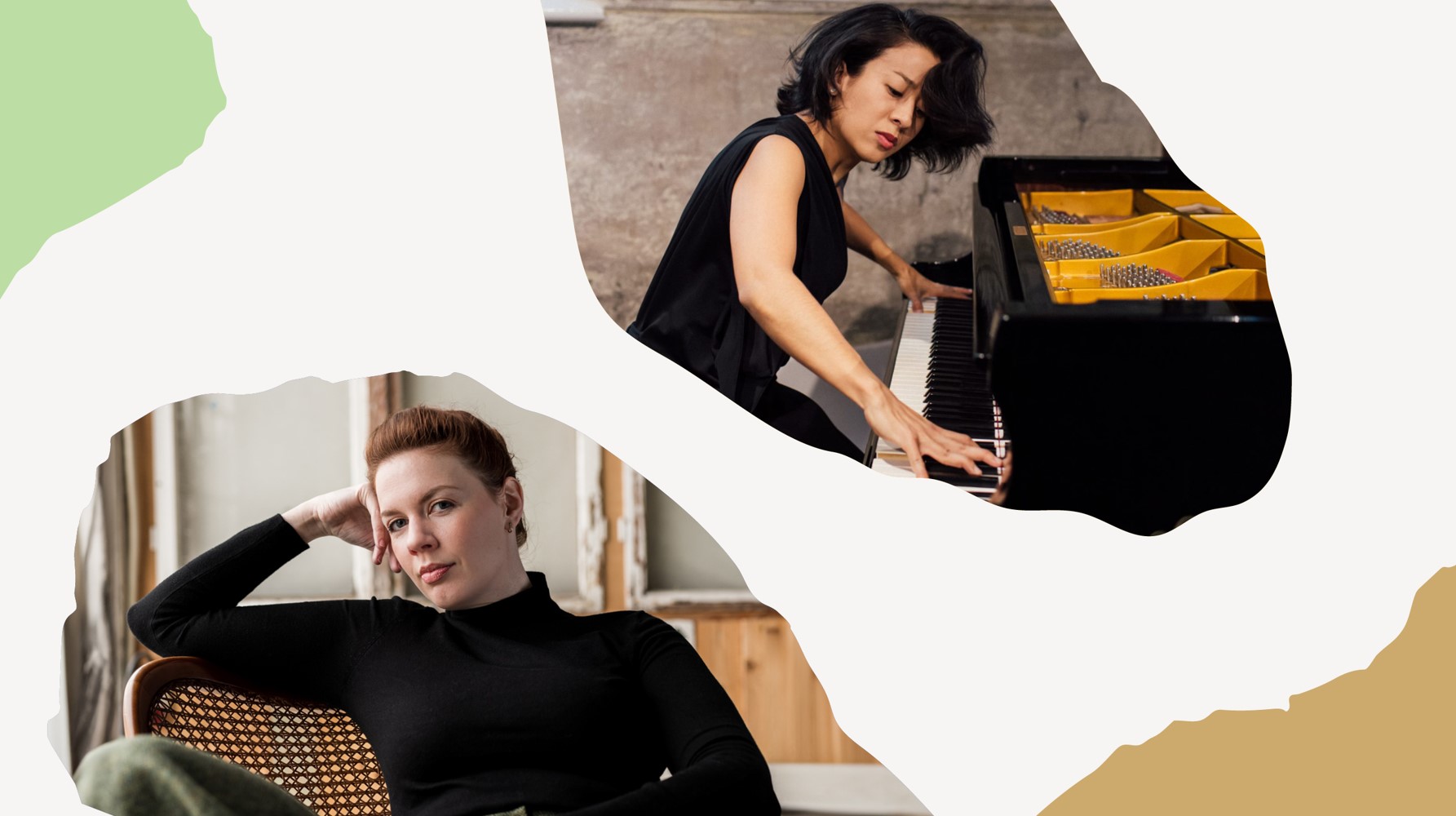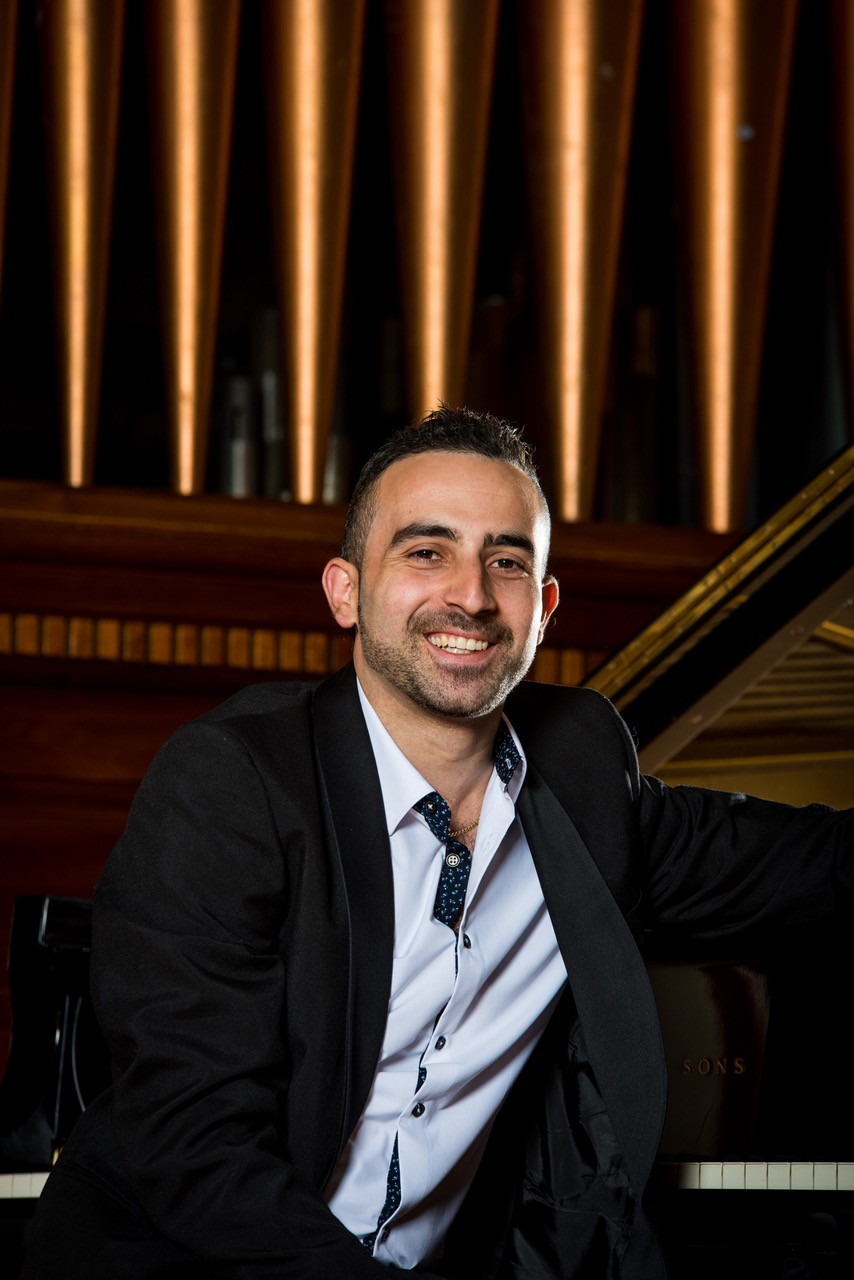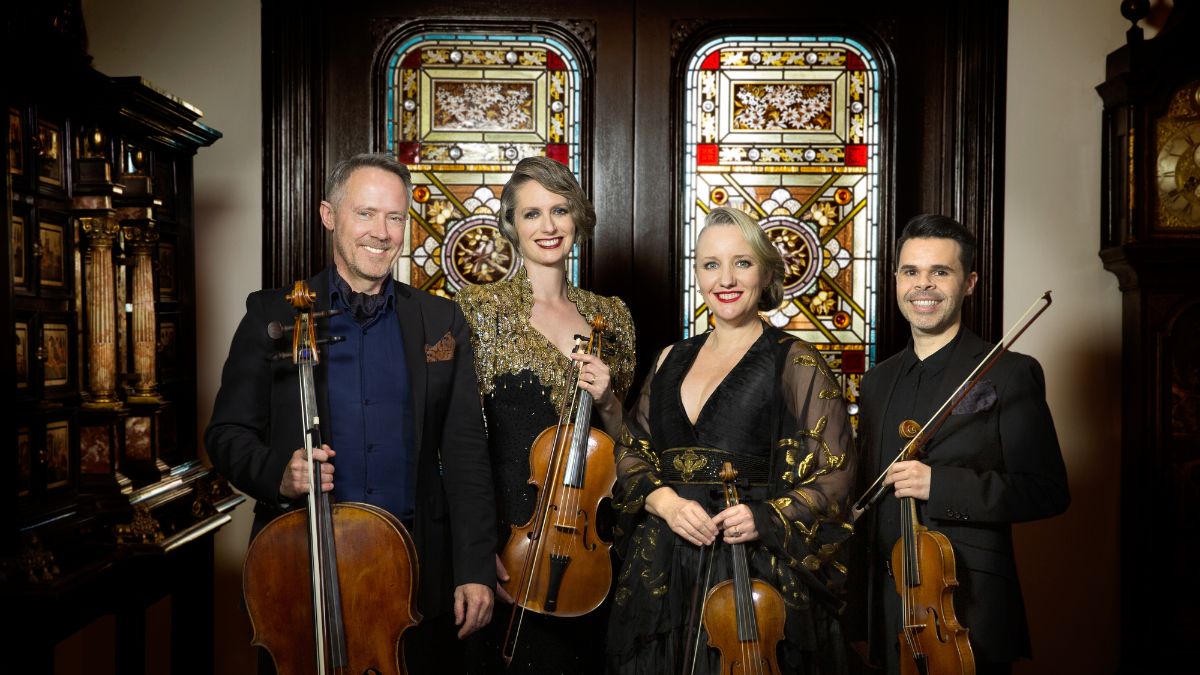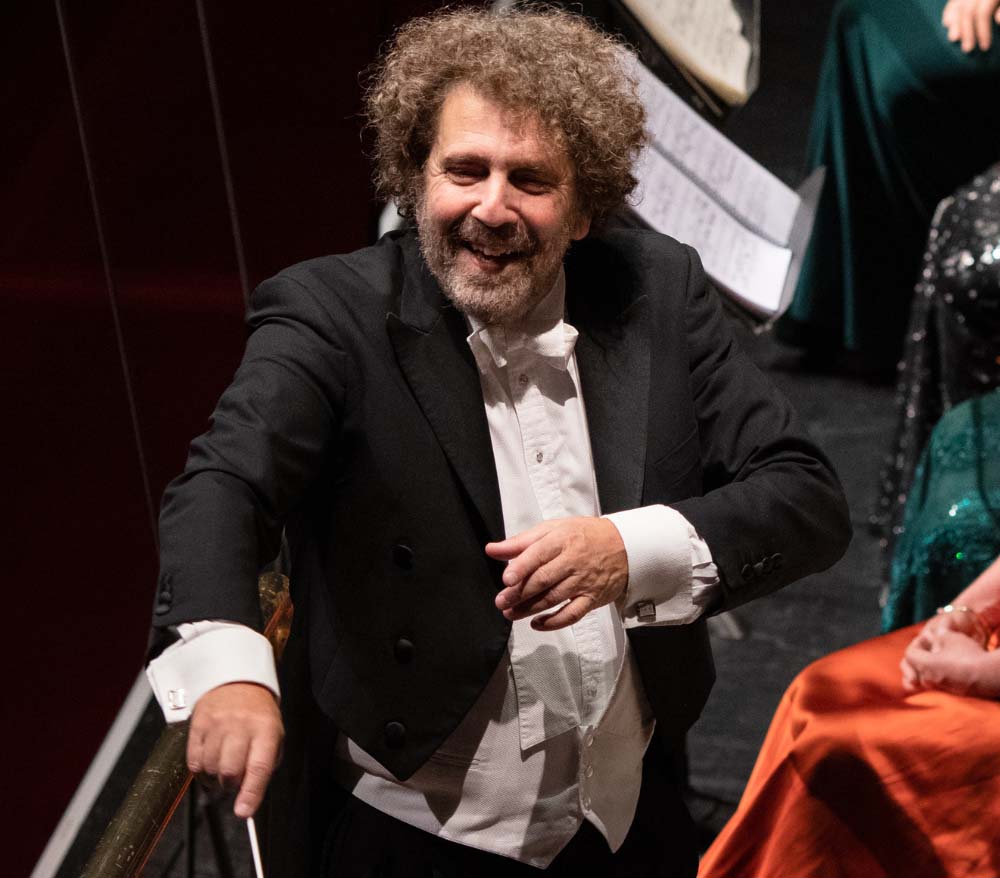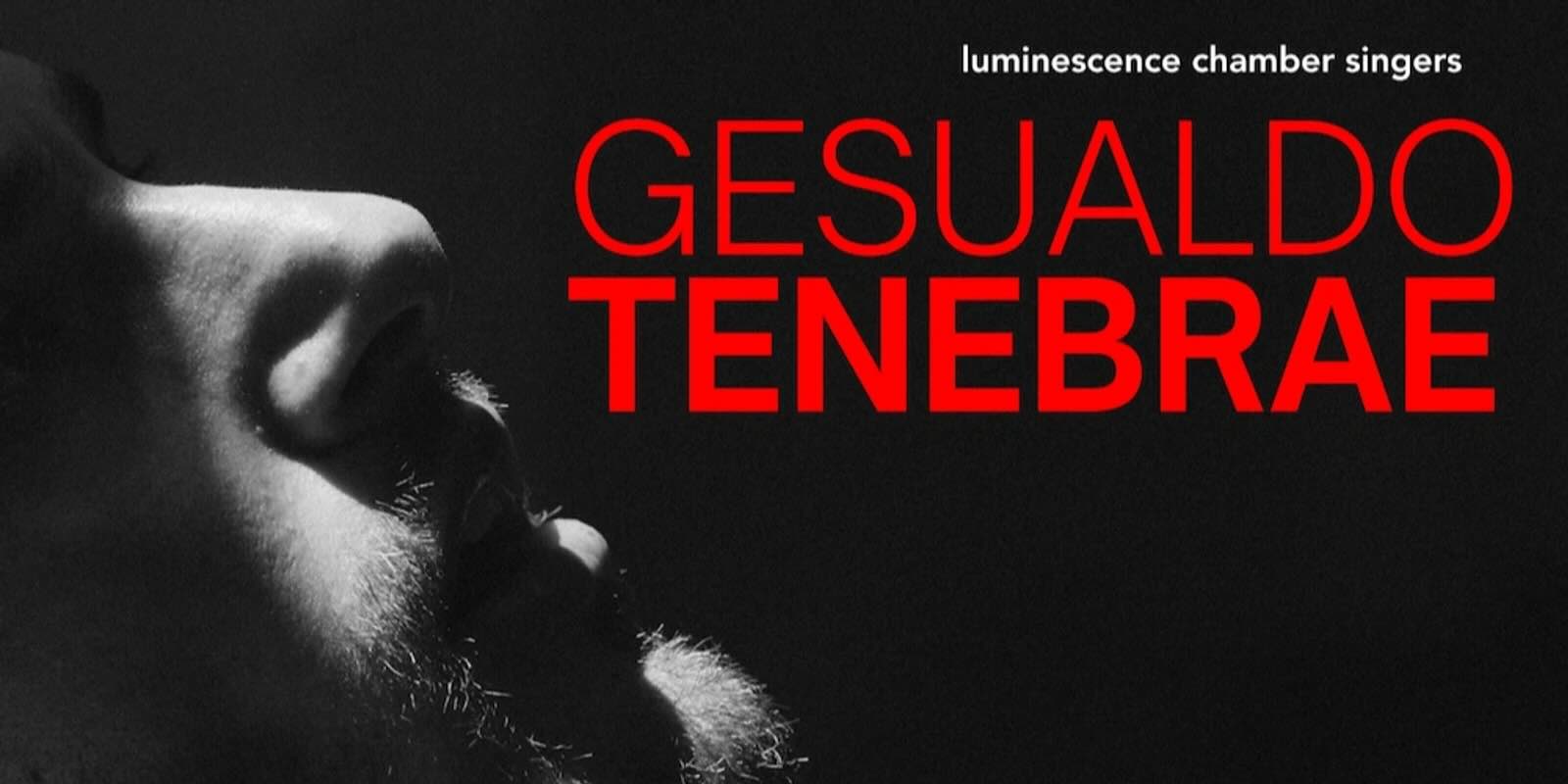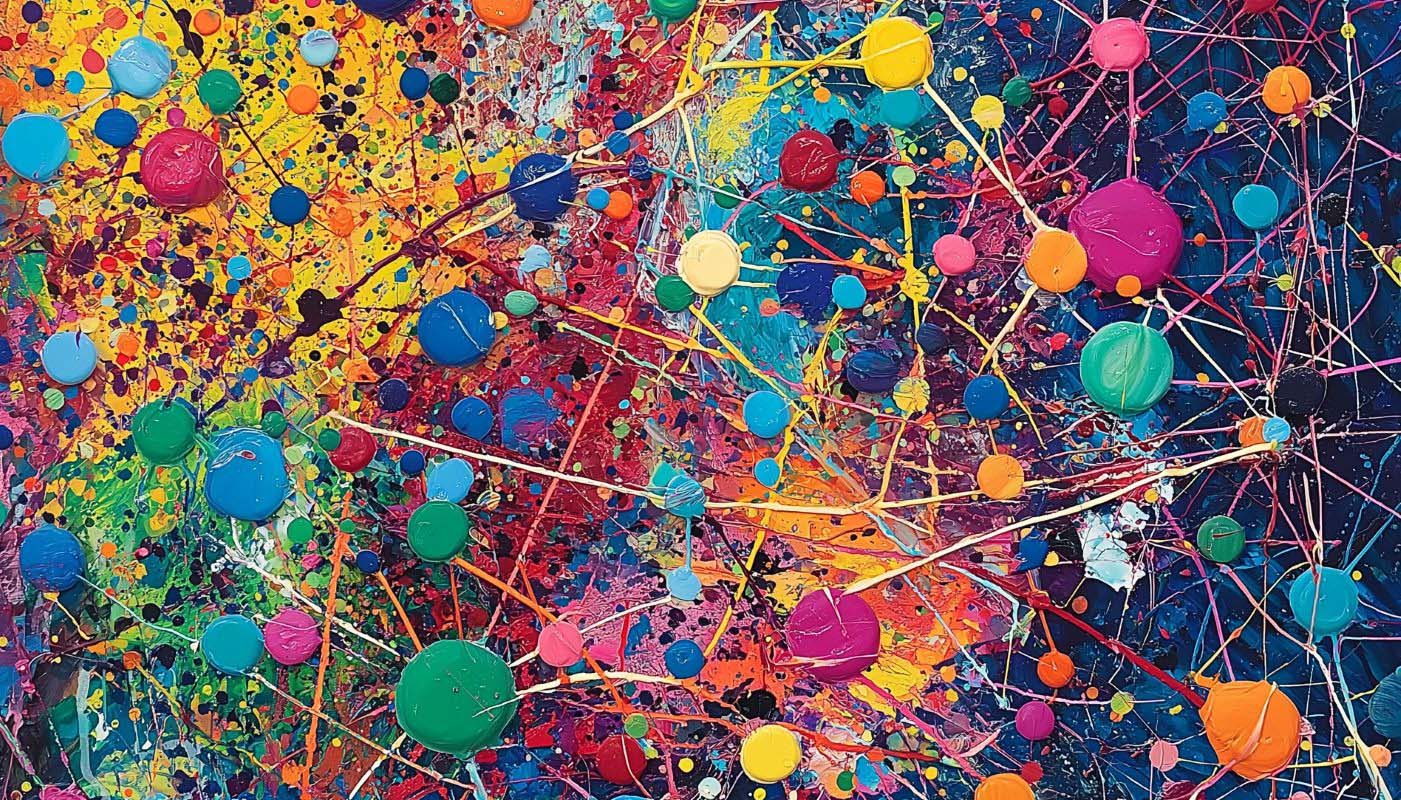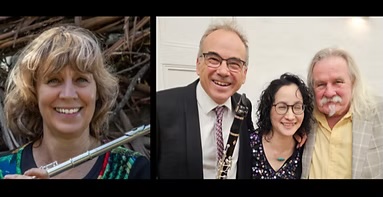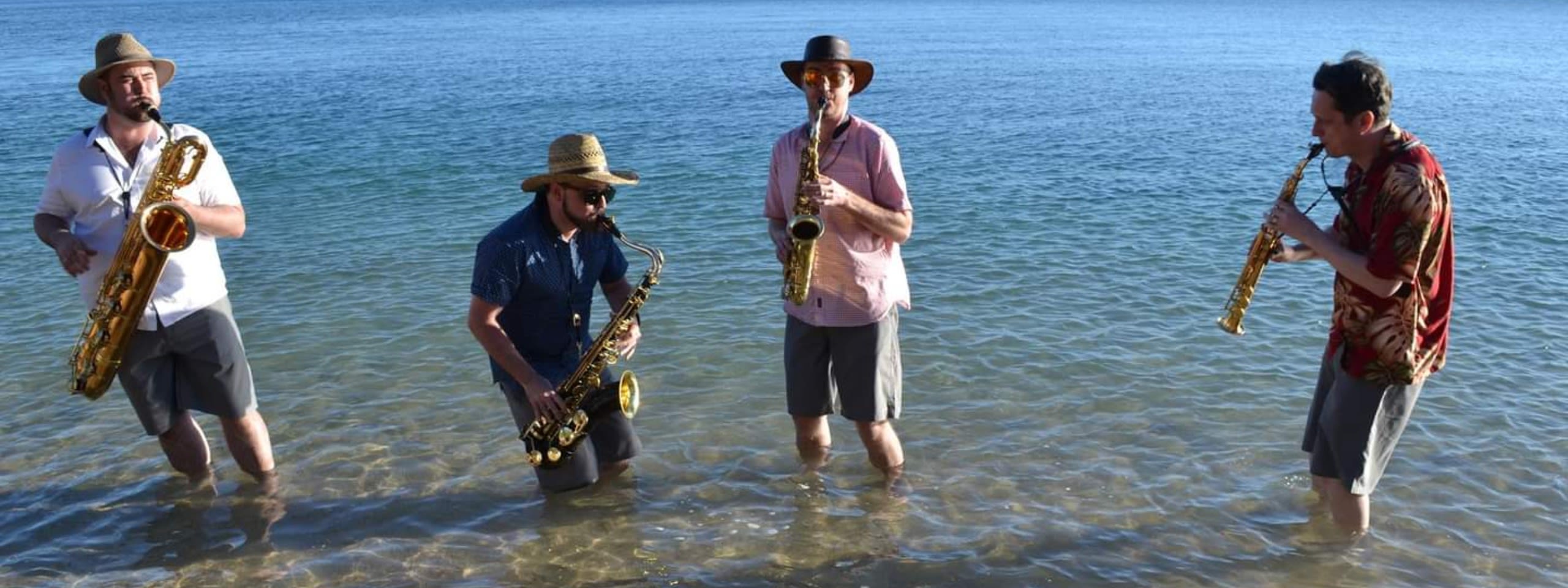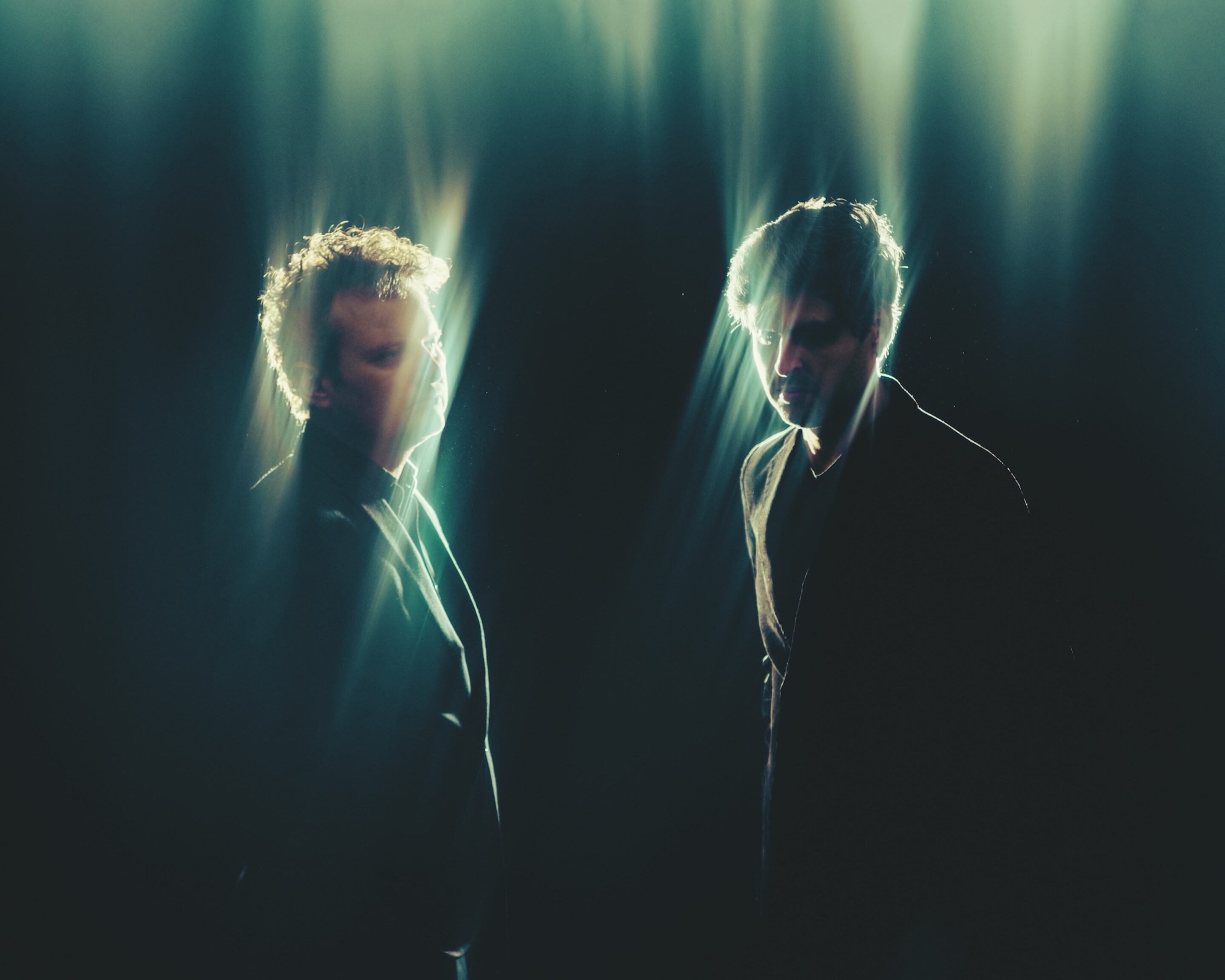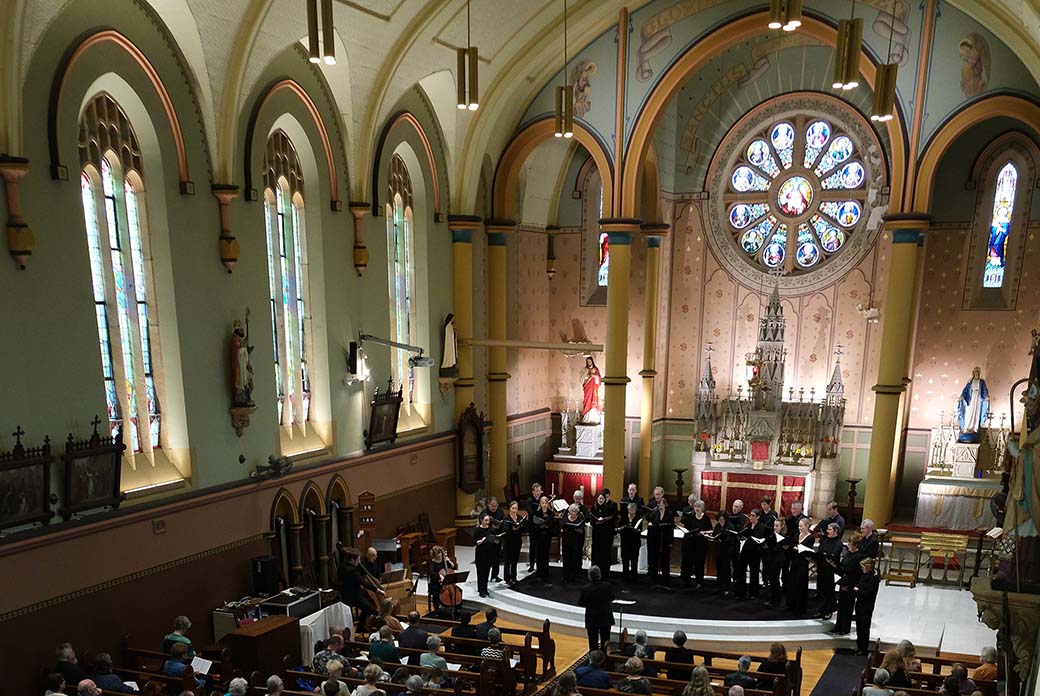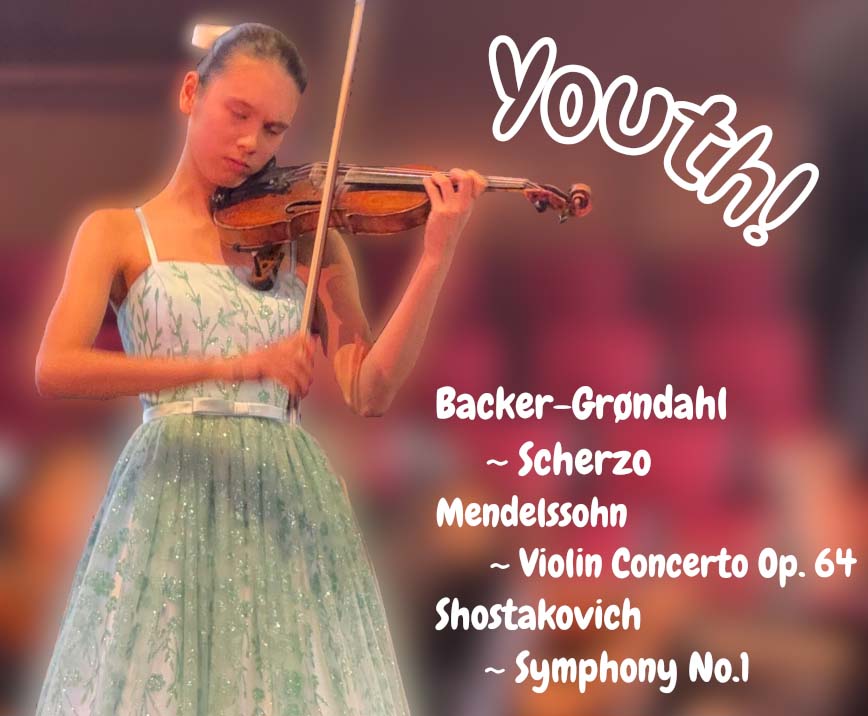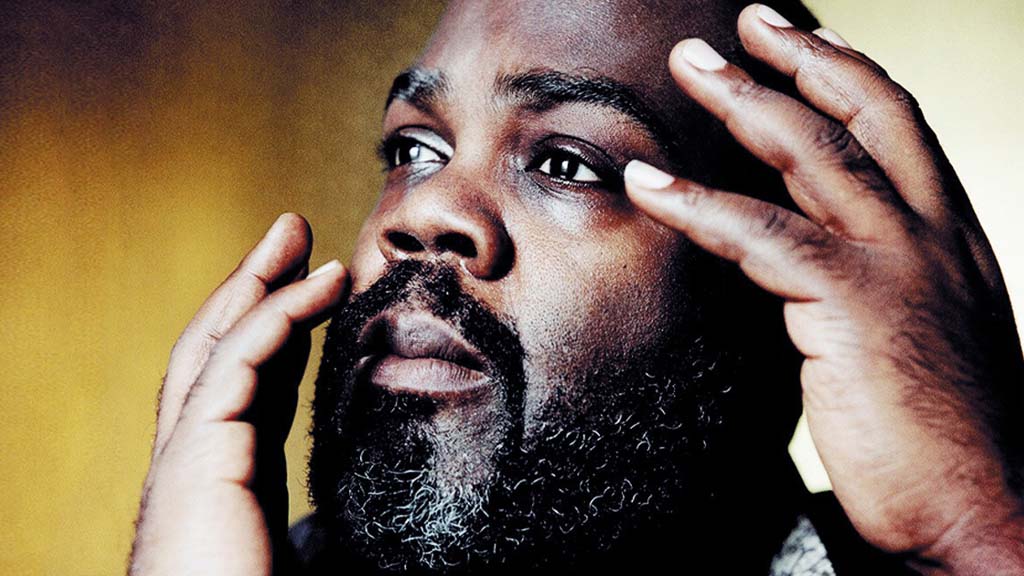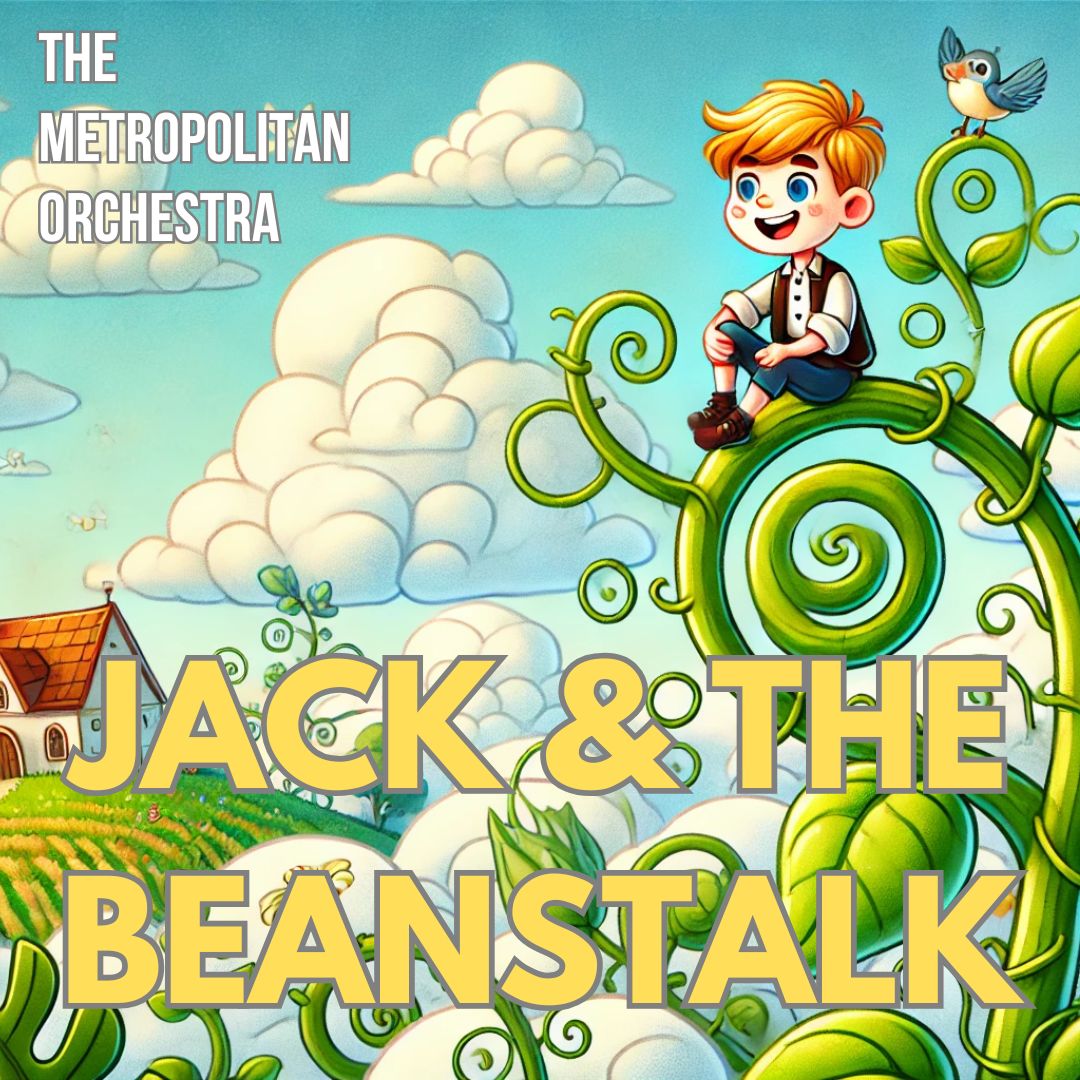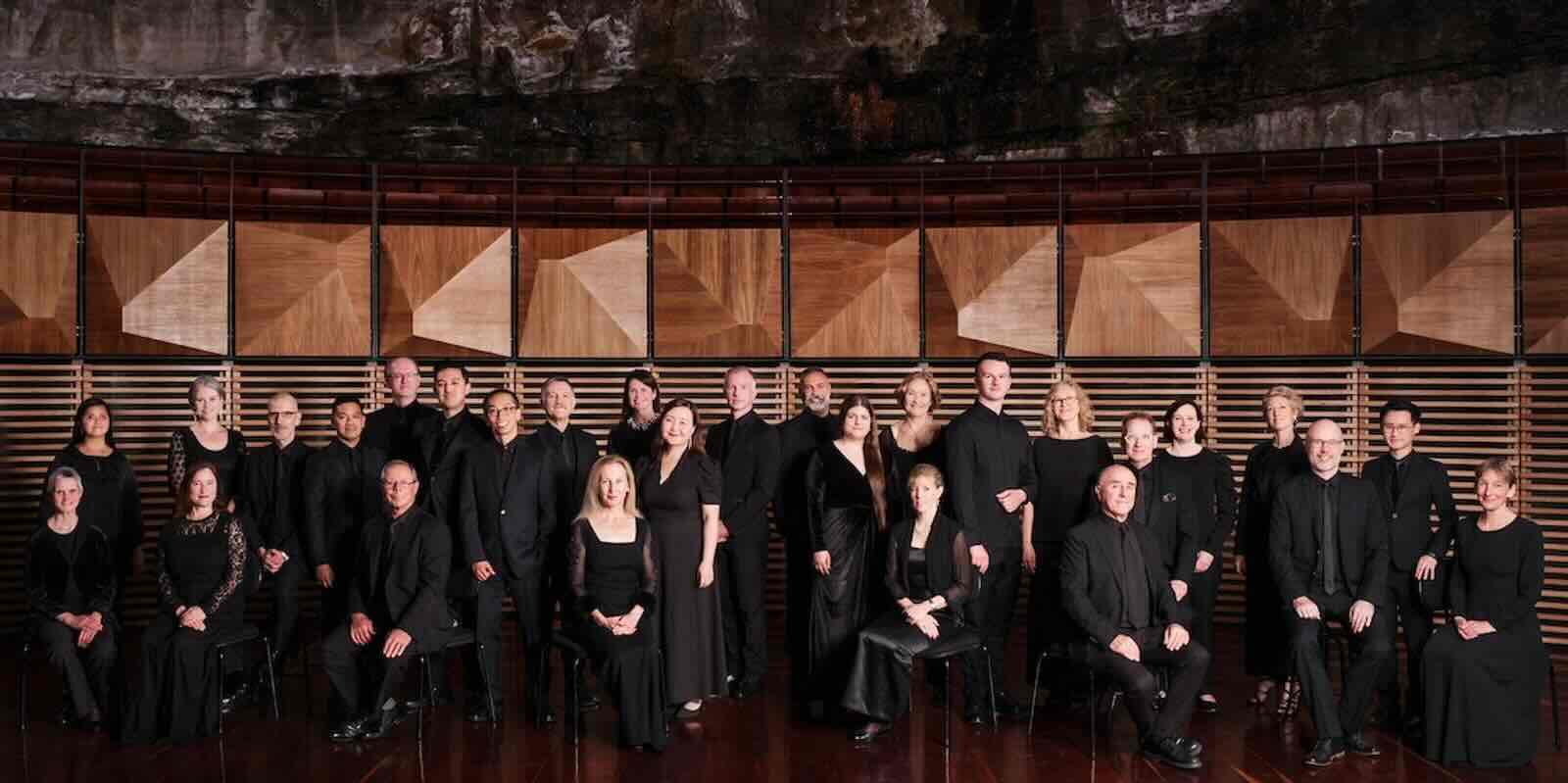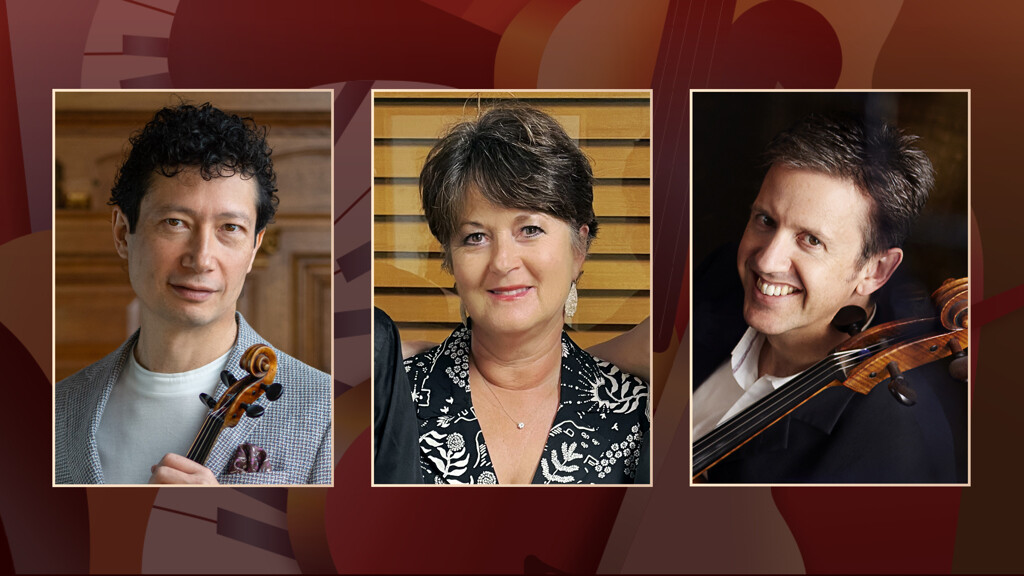Moorambilla Voices | Riversong 2024: Spirit of Water
28-29 September 2024, Dubbo Regional Theatre
No less than five new Australian premiere works, nine composers and a new digital film score came alive at the Moorambilla Voices Gala Concert, Riversong 2024: Spirit of Water, which I travelled to watch in Dubbo last weekend.
The powerful performance was a thematic multi-arts expression of the spirit of fresh water found at Mutawintji National Park on Barkindji/Paakantyi Country in North Western NSW, inspired by an artists’ immersion led by reknowned Barkantji visual artist Badger Bates.
The concert is so deeply soaked in and respectful of First Nations culture and red dirt country, and densely layered with music, dance and percussion, it’s actually quite difficult to describe the experience of being an audience member! There are so many levels to absorb! Even though I’ve been to all, and even sung in many, of the Moorambilla Gala Concerts since its inception 19 years ago, each concert is a new listening journey, pushing musical boundaries and performance possibilities.
The composers created the music through residency camps, tours and recordings by four ensembles – Birallii (Year 3), Birray (Primary Boys) Mirray (Primary Girls) and MAXed Out (High School Students). There were five artist in residence composers – Christine Elise Chen, Elizabeth Jigalin, Andrew Howes, Oliver John Cameron and Kerryn Joyce – with commissioned compositions by Josephine Gibson, Dan Walker, Badger Bates, and compilation digital works featuring music by Anton Lock, Andrew Howes and Michelle Leonard.
The concert opens dramatically with Gibson’s Yindyamarra, with the entire impressive cast of nearly 300 children on stage singing towards a rich chorus climax, supported by a stellar chamber orchestra of many of Sydney’s finest instrumentalists, including pianist Sally Whitwell, violinist Veronique Serret, and saxophonist Christina Leonard.

From there the concert unveils the emotional and artistic response of the composers to the country – as ensembles emerge, split and reappear in choirs, dance and taiko ensembles, backdropped by Noni Carroll’s photographics. Each of the resident composers researched the meaning and traditional knowledge of the region, and their music and the lyrics they wrote to accompany it, reflect the messages and traditional learnings that they experienced.
We travel with Christine Elise Chen’s music and lyrics for Water Knowing for the Birallii ensemble, a joyful ‘Animal Tracks Song Lesson’ and a delightful lyrical melody in the dance piece ‘Hymn Lesson – Barka Ngamaka’.
Oliver John Cameron’s three-part Yuku Papurana breaks out momentarily with a playful and comic boogie woogie piano for the young boys in ‘Don’t Mess with the Caterpillars’ followed by ‘Lessons of the Caterpillar’, and finishing with a heroic finale of boys flooding across the stage in waves in ‘Waterline’. ‘Yuku papurana’ means ‘the sun is coming out from behind clouds’ and it leaves us with a message of ‘renewal and hope, reminding us that after every storm the sun will shine again’.
From this point on, we realise that we too are deeply immersed in the country’s musical textures – of percussive bird sounds, big skies in expansive string lines and rippling water in repetitive canons.
In Elizabeth Jigalin’s second year as composer in residence she composed Bloom, a stunning three-part piece for young primary girls, which unfolds ‘as if you are flying like a watya (corella) in the sky, and exploring in music the hypnotic patterns of erosion, pools or water or flowers in dry creek beds.’ Throughout the piece she weaves several sound recordings captured on country, including melodic fragments in the dance music which are transcriptions of rippling water. The music for the Neville Williams Bony’s choreography of the final piece ‘Ngatyi Awakens’ is magnetic.
In the second half we deep dive into Karkanya by Andrew Howes. Howes has always had a ‘profound fascination with creating music deriving its initial artistic intent from the ever present natural forces of the Australian landscape’ and this piece is no exception. Echoes, swirling soundscapes and textures of the wind come alive. The work, named after the Barkandji word for sky, has three parts – ‘Revel’, ‘Murabooka Murrunung’ and ‘Nocturne’, the latter was also performed at the Sydney Opera House with the Voces8 ensemble earlier this year.
The cinematic quality of Howes’ music fills the theatre with the four-part adult vocal quartet – Anna Fraser, Hannah Fraser, Andrew O’Connor and Louis Hurley – blending seamlessly with the three parts of the high school students of MAXed Out.
Howes says that: ‘When I find a subject as compelling as this, I write a Revel – it is a way of expressing a kaleidoscope of thoughts and emotions, simultaneously and with sincerity. While the voices take the human perspective, the accompanying instrumental parts contain my thoughts about the landscape.’ You can’t fail to be struck by the profound energy that comes from the young performers, in deeply felt music about a landscape that they collectively know and enjoy in sharing with this composer.
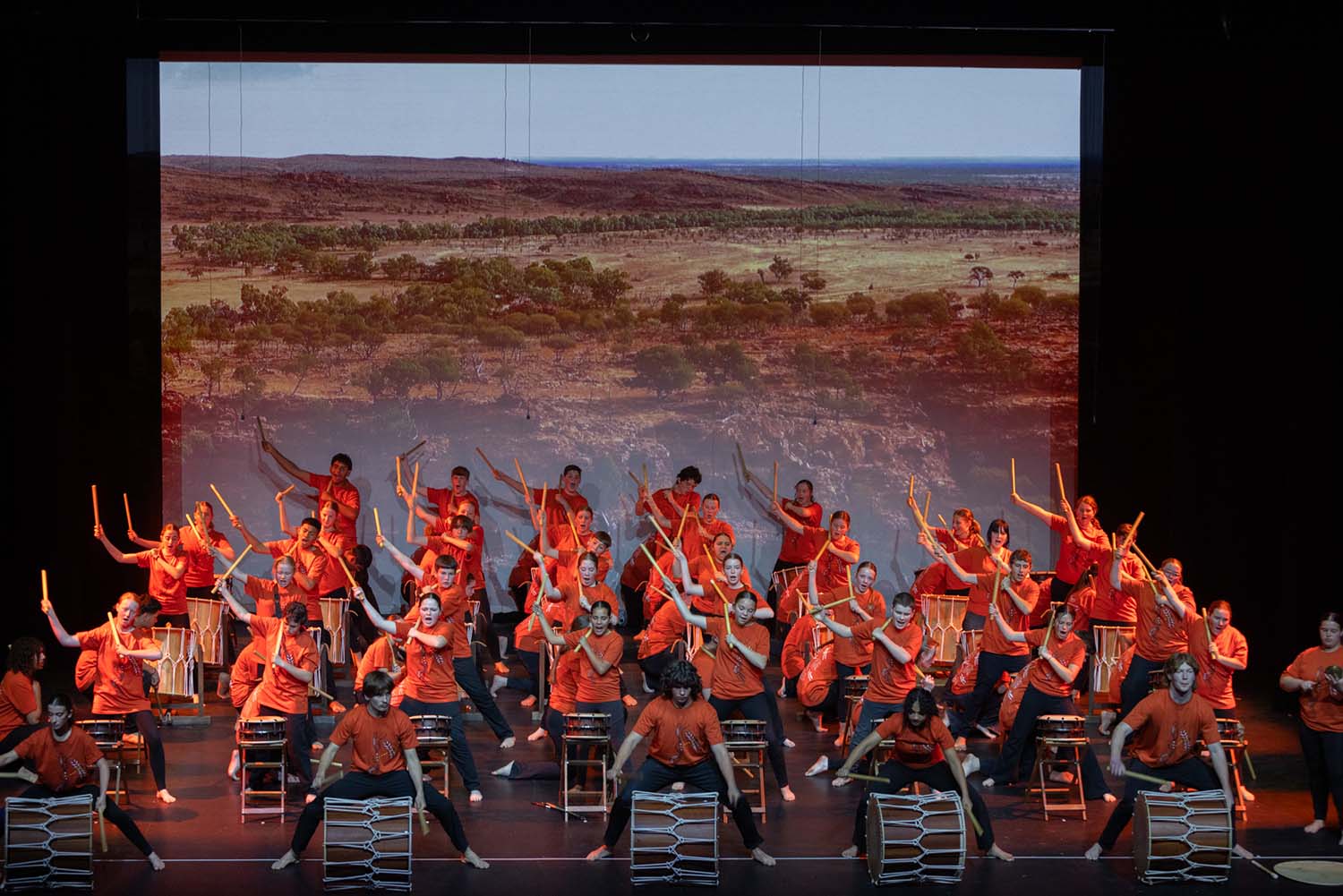
Kerryn Joyce’s taiko piece, River Drumming 24, brings us to an uplifting closing segment incorporating theatre, dance and drumming. Each player constantly moves as they play – off and on the drum, off and on the stage – creating impressive human musical waves, like the river itself rising and falling.
The whole concert is woven together instinctively by the Conductor and Artistic Director Michelle Leonard. The wrap up is the whole cast on stage with Dan Walker’s song from the movie Wide Open Sky, plus a beautiful and uplifting song of belonging and freedom by Nancy Bates, I Belong.
If you can get to Dubbo next year, and indeed find a ticket, make the journey, breathe in the landscape, and experience in live time the Moorambilla Voices annual Gala Concert.
The 2024 event is live streaming it until 8 October online via the Moorambilla Voices Youtube page HERE >>
For more info on the program head to the Moorambilla Website >>
Photo credit: Noni Carroll Photography



